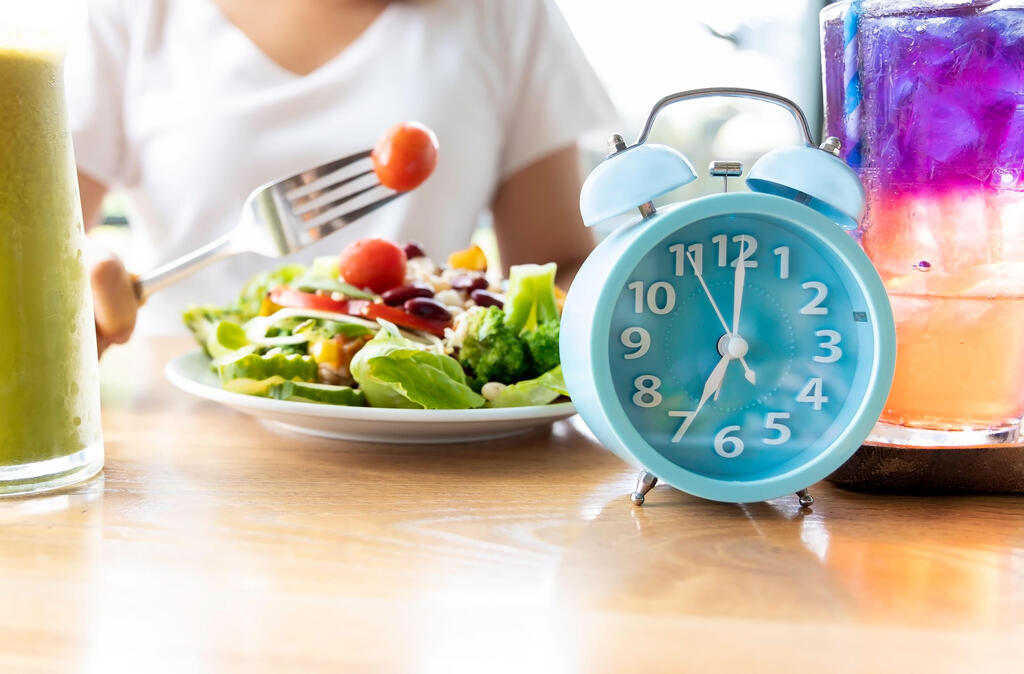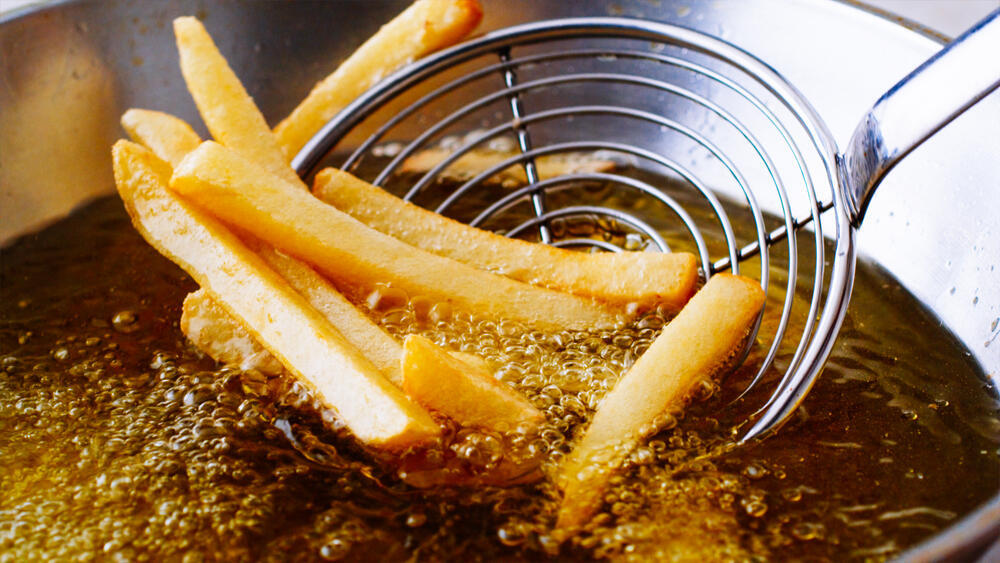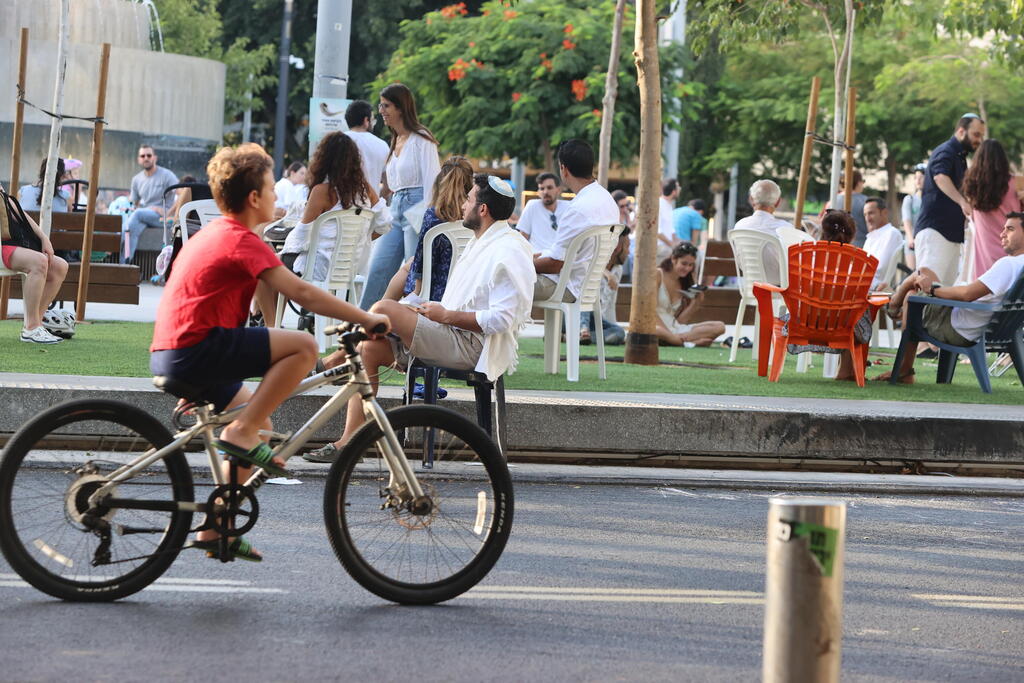Before fasting begins
Nutrition experts suggest a two-day preparation period before fasting begins. During these two days, it is recommended to start the morning on an empty stomach by drinking a glass of hot water with half a squeezed lemon and two tablespoons of cold-pressed oil. This concoction helps cleanse the body, enhance blood circulation, promote the liver and bile juices' intensive functioning, and bolster the immune system along with other bodily systems.
Read more:
In addition, it is advisable to increase the consumption of foundational foods before fasting to avoid excessive acidity. Some recommended foods to include before the fast are fruits, vegetables, and grains. It is crucial to stay well-hydrated by drinking ample amounts of water or herbal tea while being mindful not to burden the digestive system. Combining foods properly is also essential to prevent gas and digestive issues.
Pairing foods correctly enhances digestion and facilitates better nutrient absorption. Some recommended combinations include vegetable salads with animal protein such as fish, turkey, chicken, or eggs, or with grains like rice. It is also beneficial to combine them with cooked vegetables for a well-rounded meal.
Maintaining a healthy blood sugar level
It is important to consume carbohydrates, grains, starchy vegetables, and fruits in moderate portions throughout the day prior to fasting to maintain a stable blood sugar level. Instead of relying solely on intermittent meals, it is recommended to have 3-4 small meals throughout the day, starting in the morning, that include foods rich in carbohydrates.
Pre-Fasting meal
During the meal before fasting, you'd do well to keep your carb-consumption levels in check. It is also advisable to minimize the intake of sweet foods and drinks that are sugar-rich. Adding unpeeled vegetables to the meal can provide a good source of fiber. It is best to steer clear of heavy and fried foods to prevent overburdening the digestive system. Additionally, the meal should be low in salt, as those can aggressively trigger thirst.
It is crucial to ensure the pre-fasting meal is not excessive and does not result in a feeling of heaviness or fatigue. Including a portion of protein (such as meat, chicken, or fish) in combination with carbohydrates (such as rice, potatoes, or pasta) and foods containing fats is important. The presence of fats in the meal slows down stomach emptying, leading to a prolonged feeling of satiety.
How is your body fluid-ity?
During the entire day leading up to fasting, it is crucial to consume a substantial amount of fluids, aiming for at least 1.5 liters. It is recommended to minimize the consumption of diuretic substances like caffeine and alcohol, even as early as the day before fasting. To prevent excessive fluid loss, it is advisable to avoid being exposed to the sun and instead seek out cool environments. Engaging in physical activity can also lead to increased fluid loss, therefore it is best to avoid it.
Medications during fasting
For individuals who regularly take aspirin, it is recommended to abstain from consuming medication on the day of fasting, resuming its use immediately after fasting concludes. Those who require regular medication should ensure they consume at least half a glass of water with each dose. Individuals taking diuretics or blood pressure-lowering drugs are advised to continue drinking fluids even while fasting.
If you struggle with unstable health conditions (such as experiencing chest pains, having had a heart attack within the past year, or suffering from congestive heart failure) it's best to avoid fasting altogether. If during the fast you experience weakness and a sensation of imminent fainting, it is important to lie down immediately while elevating your legs. If the symptoms do not improve within a few minutes, it is recommended to begin drinking fluids. In more severe cases, it may be necessary to discontinue fasting.
Post-Fasting
To ensure a proper post-fast routine, it is advisable to initiate fluid intake. One or two glasses of a sugary drink can be consumed, along with coffee or tea accompanied by dried fruits and cookies. It is suggested to consume 200-300 grams of fruit after the fast, followed by a full meal after waiting for half an hour to an hour. Opting for light foods is also recommended.
In certain religious traditions, it is customary to drink a nourishing beverage that aids in lubricating the intestines and provides an energy boost after fasting. This drink is referred to as "mitso" by the Greeks, "Sumada" by the Turks, and "Piptada" by the Iraqis. The preparation method involves thoroughly washing and drying roasted and peeled almonds and/or melon seeds.
These ingredients are then blended together. The mixture is tied in a cloth and immersed in water in a pot. Every 15 minutes, the cloth is squeezed into the water until a white, thick, and smooth syrup-like solution is obtained. The solution is transferred to a glass bottle and stored in the refrigerator until the end of the fast. It is important to avoid consuming alcohol immediately after the fast.
Taking a brisk 15-minute walk after the post-fast meal is recommended to aid in digestion. Individuals with chronic conditions such as heart disease, diabetes, high blood pressure, and others should consult their doctor regarding fasting to ensure it is safe for them.




